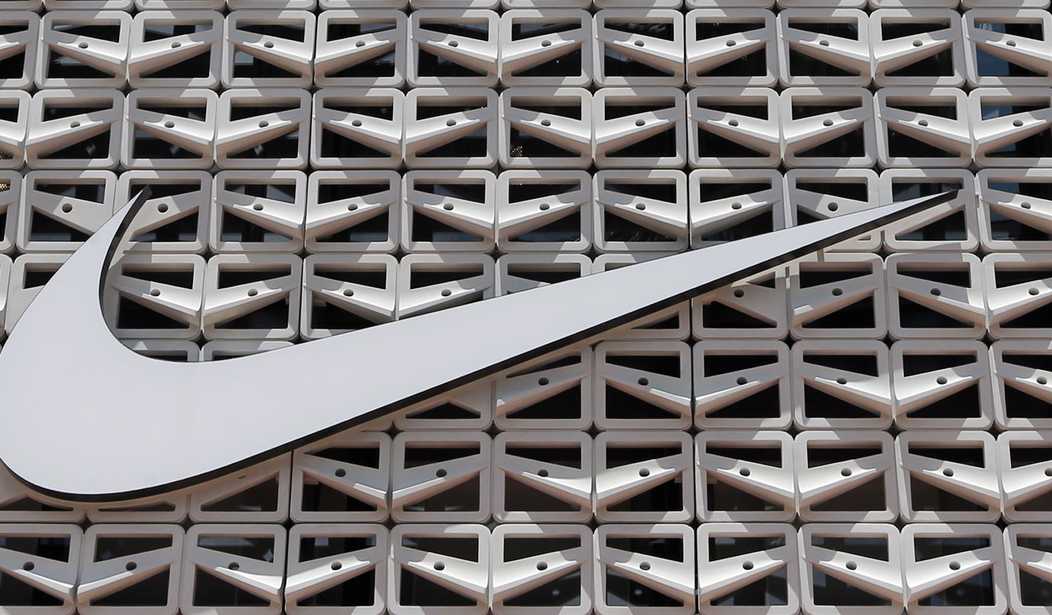There are still issues that Democrats and Republicans can agree upon, even in 2020. Among them is that human rights abuses in China should be punished. There was wide bipartisan support for a bill that would ban imported goods made by the forced labor of detained ethnic minorities from China’s Xinjiang region, for example. In September, the House passed the measure 406 to 3, and it reportedly has support in the Senate, too.
"If enacted into law, it could have significant ripple effects in global trade by forcing companies to avoid a region that products 80% of the cotton in China, one of the world’s top producers of the fiber, as well as tomatoes and manufactured goods," the Associated Press reported in September. "Members of Congress say the measure is needed to press China to stop a campaign that has resulted in the detention of more than 1 million Uighurs and other predominantly Muslim ethnic groups under brutal conditions."
House Speaker Nancy Pelosi said if the U.S. turns a blind eye to what’s happening in China over "commercial interest," the country will "lose all moral authority to speak out about human rights anywhere in the world."
But those commercial entities are reportedly trying their best to weaken the bill.
According to The New York Times, Nike, Coca-Cola, and Apple are some of the biggest companies targeting the Uyghur Forced Labor Prevention Act. Their reporting is based on congressional sources, people familiar with the matter, and lobbying records.
Recommended
Lobbyists have fought to water down some of its provisions, arguing that while they strongly condemn forced labor and current atrocities in Xinjiang, the act’s ambitious requirements could wreak havoc on supply chains that are deeply embedded in China.
Xinjiang produces vast amounts of raw materials like cotton, coal, sugar, tomatoes and polysilicon, and supplies workers for China’s apparel and footwear factories. Human rights groups and news reports have linked many multinational companies to suppliers there, including tying Coca-Cola to sugar sourced from Xinjiang, and documenting Uighur workers in a factory in Qingdao that makes Nike shoes. (NYT)
Coca-Cola has denied that it uses "any type of forced labor in our supply chain" and Nike said the company "did not lobby against" the bill; rather, it had "constructive discussions" about "eliminating forced labor and protecting human rights," the Times reports. Apple, too, has "disputed the claim that it had tried to weaken the legislation."
According to a document viewed by The New York Times, Apple’s suggested edits to the bill included extending some deadlines for compliance, releasing certain information about supply chains to congressional committees rather than to the public, and requiring Chinese entities to be “designated by the United States government” as helping to surveil or detain Muslim minority groups in Xinjiang. (NYT)
The Times also reported that the companies spent heavily on lobbying on "Xinjiang-related legislation," but there are no details about their requests.
David French, attorney and senior editor at The Dispatch, said the Times' story should be remembered the next time those companies try sanctioning a state for defending life and liberty.
Next time one of these corporations tries to sanction a U.S. state for protecting life or religious liberty, remember this story: https://t.co/nAI7pVkfPv
— David French (@DavidAFrench) November 29, 2020

























